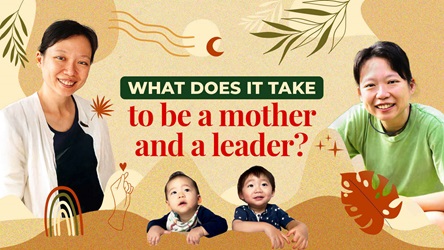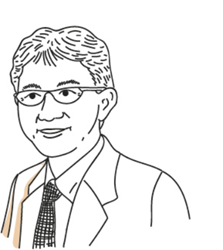You must Love the Children
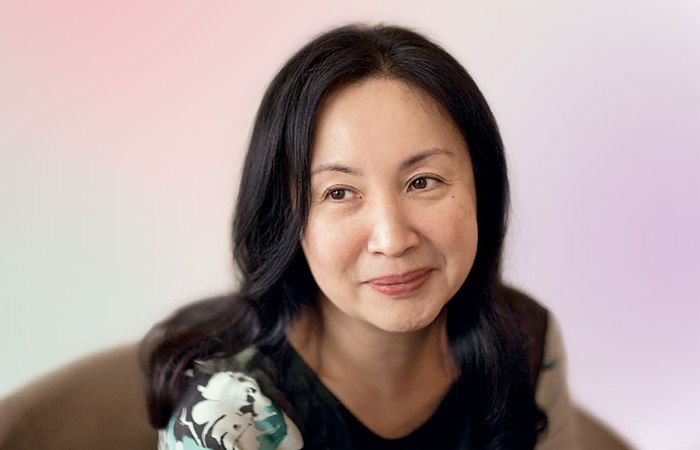
You would expect a top policymaker in the Education Ministry like Second Permanent Secretary Yeoh Chee Yan to have been a straight “A” student.
But she waves away such suggestions with peals of laughter, saying: “I think my teachers probably remember me as quite a dreamy student who was probably always looking out of the window. But… I always did well in the end.”
And this rather unconventional civil servant, with her crisp enunciation, easy smile and strong convictions, is still doing well to this day.
Ms Yeoh has worn many hats, from being in the Security and Intelligence Division, to the Ministry of Community Development, Youth and Sports. After being Dean of the Civil Service College and Deputy Secretary (Policy) in the Defence Ministry, she found herself in the hot seat of the Education Ministry.
Asked how it has been, she sums it up with one word, the name of this magazine – a “Challenge”.
And the key motivation has been a sense of service, something she certainly values, as Chairman of the Quality Service Committee, which promotes quality service across the Public Service.
While the PS21 movement, she feels, has come a long way from the days of counting suggestions, public officers still need to go further beyond efficiency.
“Be more customer-centric – not just at the point of interacting with them but also in your policies, in the way you design your whole service model. Look at it from the customer’s perspective and think about how we can create more value for the customer.”
And she’s had to walk the talk in her current post because, as she says, “everyone has a view on education”, making her the focus of sometimes heated debates at dinner parties.
Her own views as an educator, though, are quite clear. While exams are important in a knowledge-based economy, going forward, she feels more needs to be done to build soft skills.
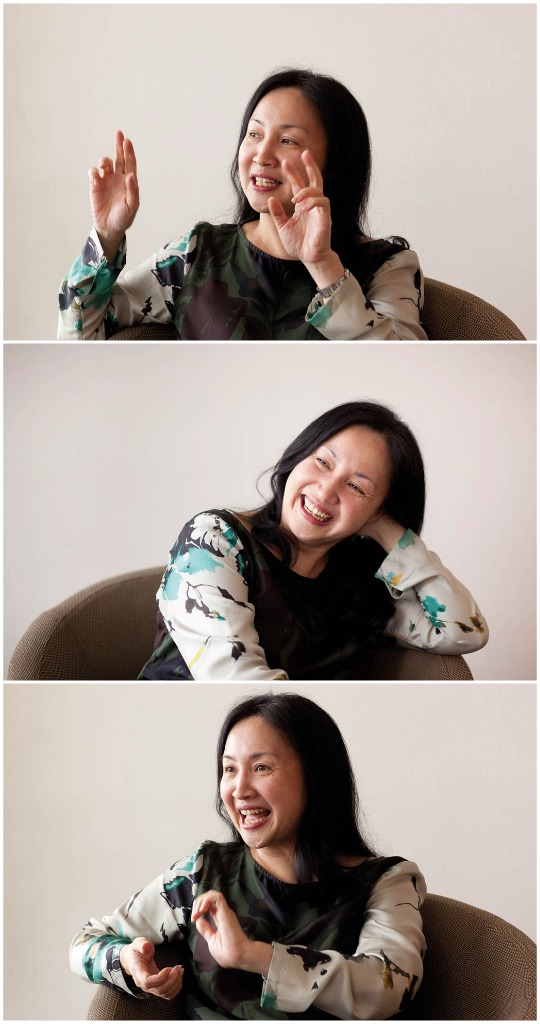
“We want kids to grow up as confident individuals who are motivated to learn. Soft skills are also important in the 21st century in the workplace which places a premium on good communication, the ability to work across cultures, to work in teams.”
And every single teacher in classrooms across the country is at the crux of this.

“How do you ensure that the 30,000 strong education force will have that ethos? Where school leaders and teachers think it’s important; they believe that every child is important, they want to develop the whole child, motivate them, encourage them?”
She sees many advances from the days when she herself was a student, those days when a caring and colourful teacher told her: “Zhi Yan, if you pass this subject, I’ll pull out my teeth.” That story ended well; her teacher kept her teeth although she did pass.
But some hot-button subjects are still being examined today, such as those regarding mother tongue language teaching and consequent changes to the Primary School Leaving Examinations (PSLE).
Despite the strong, sometimes competing views from various quarters, she says the Ministry must always move in a direction that is in the interests of the child and what education professionals know is educationally important. “Good education policy is not about being populist.”
Managing contentious issues can be a delicate balancing act, but Ms Yeoh says it is important to be on solid ground as far as policy justifications go. “You have to make sure that you have already thought through the issues, a strong basis for your policies… and then have the conviction to carry it through.”
But are “populist” considerations always necessarily wrong? “No, I don’t think so. Public views are important. What parents think is very important.”
As a parent herself, does her son give her any policy feedback? Laughing, she says that she once asked him what he liked about school when he entered Primary One, he deadpanned and said: “Dismissal.”
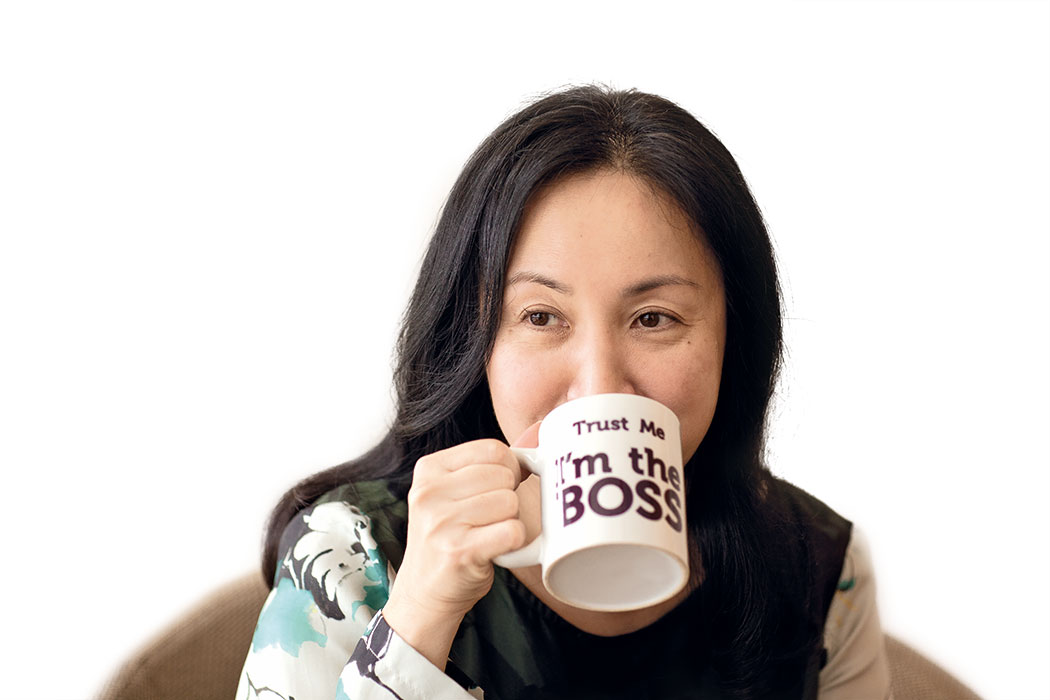
On a personal level, Ms Yeoh’s own educational inspiration remains her grandmother – also her very first teacher – who essentially brought her up as her doctor parents were always busy at work.
“She was 15 when she left school because her mother died and she had to take care of her seven brothers and sisters and so started teaching. She was the first local principal of MGS (Methodist Girls’ School) Penang.”
But stopping school at 15 did not stop her Granny from going on to educate herself in areas such as phonetics and elocution, which she imparted to her granddaughter, as seen in Ms Yeoh’s love of reading and clear diction. “She spoke very well for someone who was not very highly educated.”
Equally important, perhaps, is the simple teaching philosophy the old lady who lived to 100 lived by.
“I used to ask her: ‘What makes a good teacher?’ She said: ‘Well, it’s very simple, you must love the children’.”

Nescafe – milk, no sugar.
What’s your favourite type of coffee?
Nescafe, every morning. At least two cups a day, although I’m trying to be healthy and drink less coffee.
Where do you normally go to get your caffeine fix?
Home. I make it myself. Because only I know how I like it.
- POSTED ON
Mar 16, 2011
- TEXT BY
A Makwana
-
Deep Dive
Singapore Agenda: The End Of Retirement?





